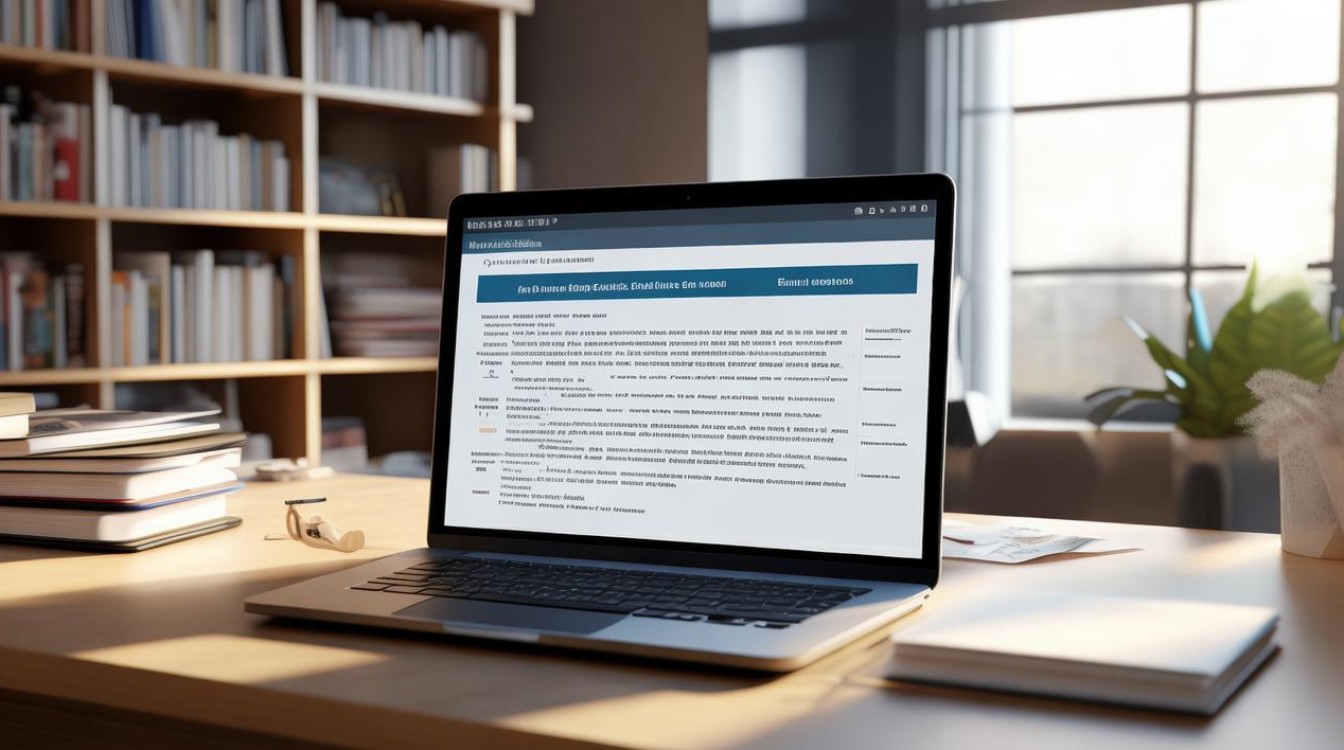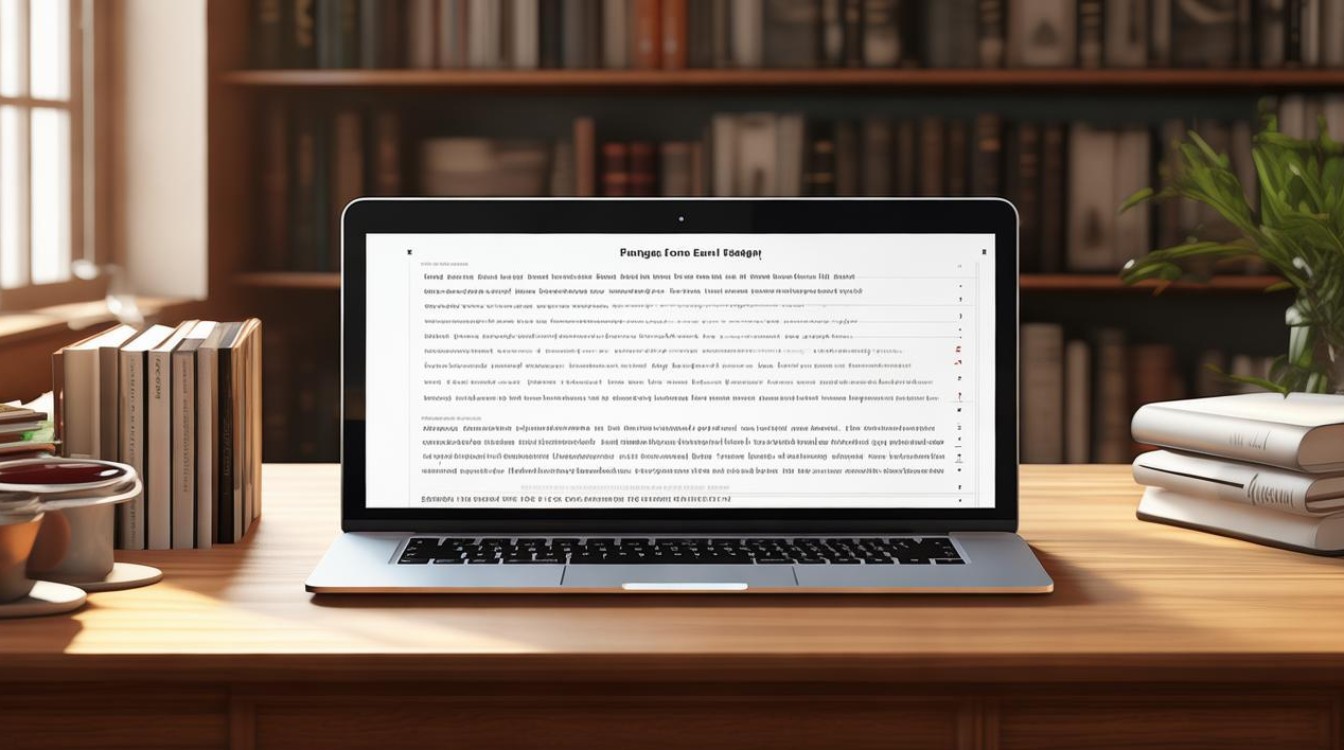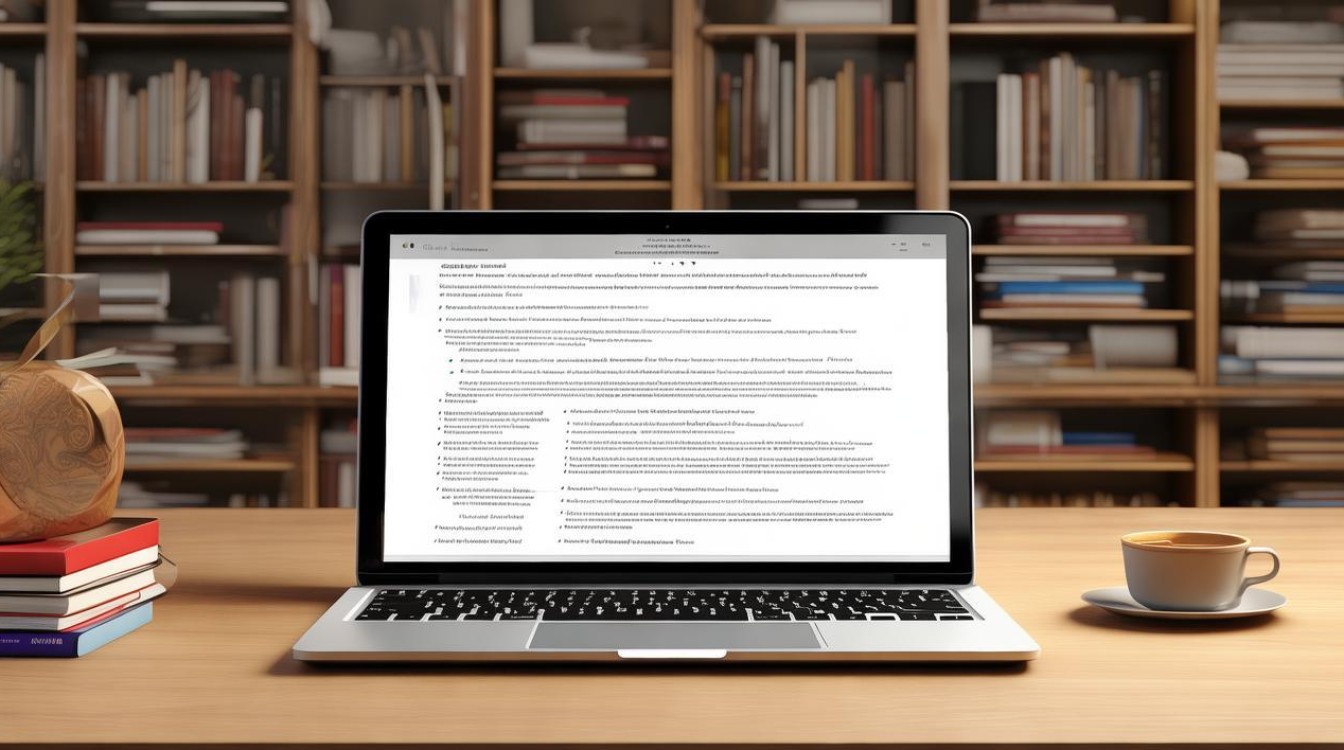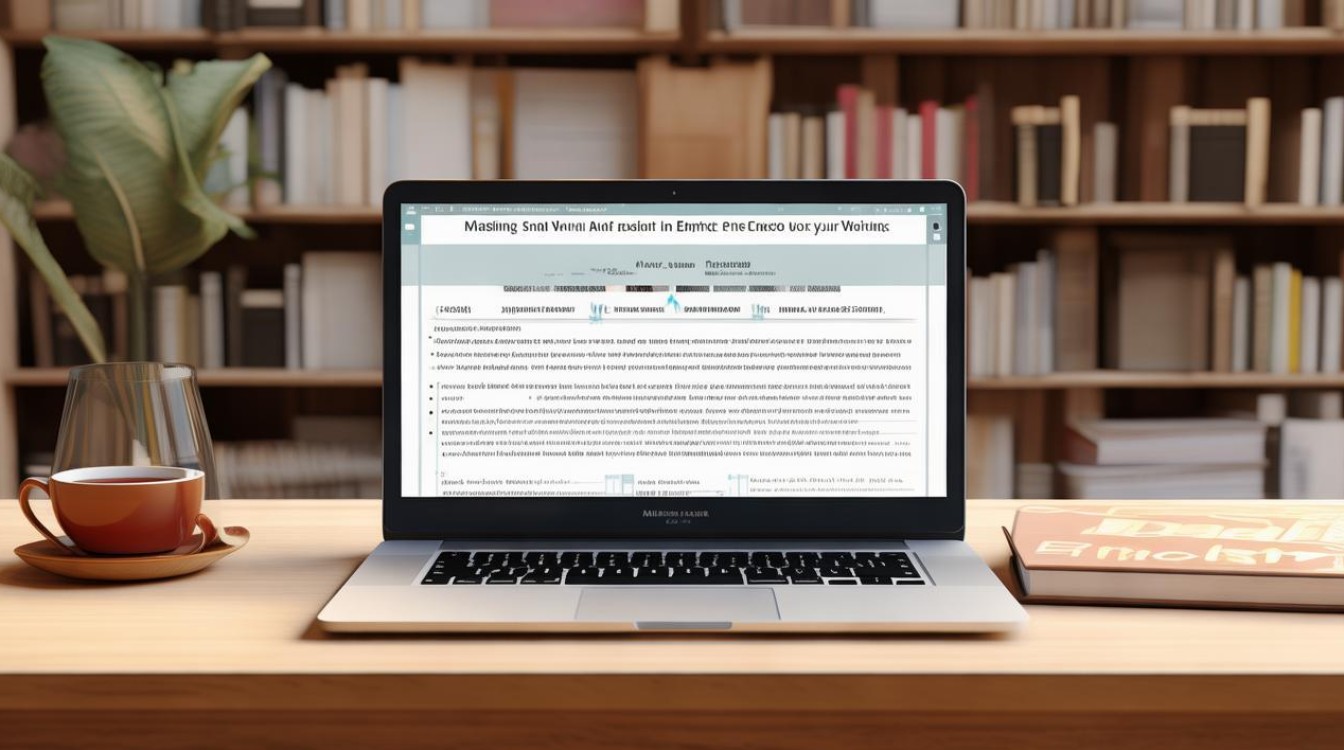Writing a well-structured email in English is a skill that transcends academic and professional boundaries. Whether you’re corresponding with a professor, applying for a job, or networking with peers, the ability to craft a polished email reflects your communication proficiency. This guide explores the essentials of email formatting in English essays, offering actionable tips to refine your writing.

The Importance of Email Format in English Writing
Emails serve as a bridge between formal and informal communication. Unlike casual messages, emails demand clarity, professionalism, and adherence to structure. A poorly formatted email can obscure your message, while a well-organized one enhances readability and leaves a positive impression.
Understanding the components of an email—subject line, salutation, body, closing, and signature—ensures your writing aligns with expectations. Each section plays a role in conveying your intent, making it crucial to master their nuances.
Key Elements of an Email Format
Subject Line: The First Impression
The subject line determines whether your email is opened or ignored. Keep it concise yet descriptive. Avoid vague phrases like "Hello" or "Question." Instead, opt for specificity:
- Weak: "Regarding Your Class"
- Strong: "Inquiry About ENG 101 Assignment Deadline"
A clear subject line sets the tone and helps the recipient prioritize your message.
Salutation: Setting the Right Tone
The opening greeting establishes formality. Use appropriate titles (Dr., Prof., Mr., Ms.) unless the recipient has indicated otherwise. For formal emails:
- Formal: "Dear Professor Smith,"
- Semi-Formal: "Hello Dr. Johnson,"
In less formal contexts, a simple "Hi [First Name]" suffices. Avoid overly casual openings like "Hey" unless the relationship warrants it.

Body: Clarity and Structure
The body should be concise yet thorough. Break content into short paragraphs for readability. Start with a brief introduction, state your purpose, and provide necessary details.
- Introduction: "I hope this email finds you well. I’m writing to clarify the guidelines for the upcoming research paper."
- Main Content: "Could you confirm whether the submission deadline has been extended? I noticed conflicting dates on the syllabus and the online portal."
- Closing Request: "Thank you for your time. I look forward to your response."
Bullet points or numbered lists can enhance clarity when listing questions or requests.
Closing: Ending on a Professional Note
The closing should match the tone of your email. Common formal closings include:
- "Best regards,"
- "Sincerely,"
- "Kind regards,"
For less formal emails, "Thanks" or "Best" works well. Always include your full name and contact information if needed.
Signature: Adding Professionalism
A signature reinforces your identity. Include:
- Full name
- Position/Title (if applicable)
- Contact information
- Website or LinkedIn (optional)
Example:

Jane Doe
Student, Department of English
University of Example
jane.doe@example.edu Common Mistakes to Avoid
-
Overly Long Emails
Rambling emails lose the reader’s attention. Stick to essential points. -
Ignoring Proofreading
Typos and grammatical errors undermine credibility. Use tools like Grammarly or Hemingway Editor. -
Using Slang or Emojis
Save informal language for personal correspondence. -
Forgetting Attachments
Mention attachments in the body to avoid oversight.
Practical Tips for Improvement
-
Read Professional Emails
Analyze emails from professors or colleagues to understand effective formatting. -
Practice Templates
Create templates for common scenarios (e.g., job inquiries, follow-ups).
-
Seek Feedback
Ask a mentor or peer to review your emails for tone and clarity. -
Adapt to Cultural Norms
Different cultures prioritize varying levels of formality. Research expectations when emailing internationally.
Elevating Your Email Writing
Mastering email format in English essays isn’t just about rules—it’s about fostering clear, respectful communication. A well-crafted email demonstrates professionalism and attention to detail, qualities valued in academia and beyond. By refining your approach, you’ll build stronger connections and present yourself with confidence.
Remember, great writing is a habit. Start small, stay consistent, and watch your skills flourish.











